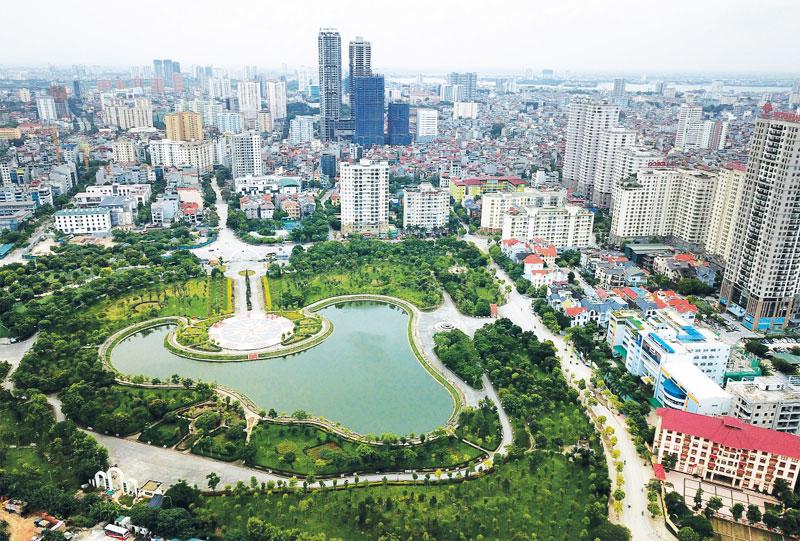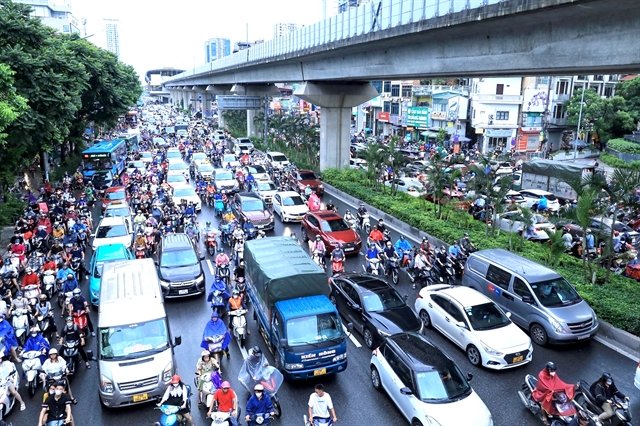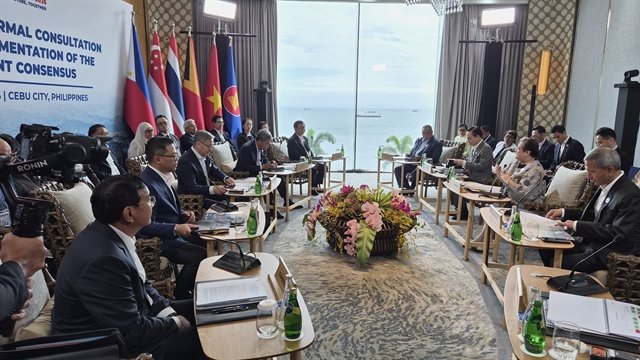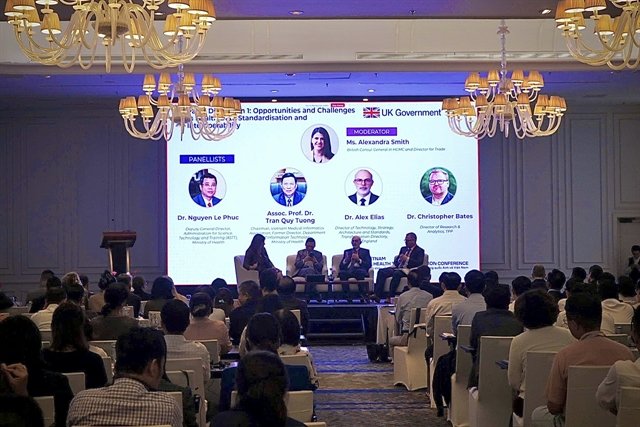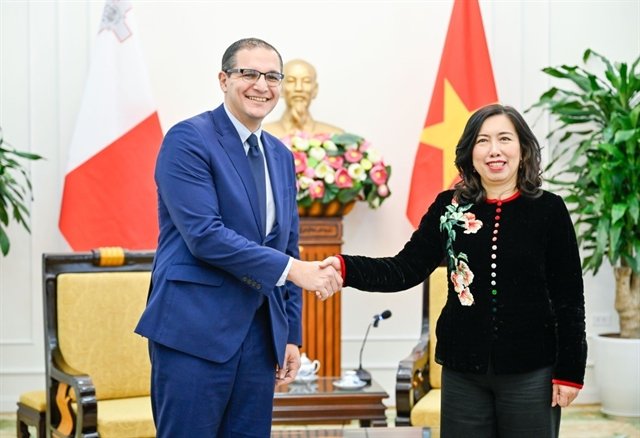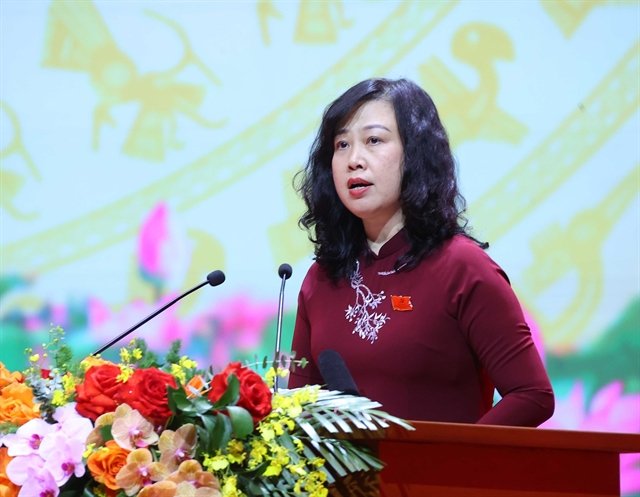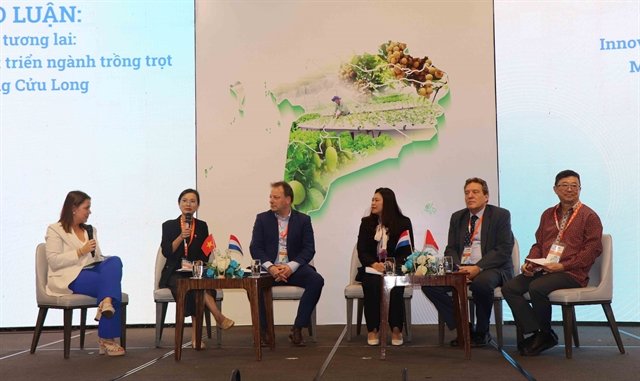Hanoi, February 3, 2025 – The Europe Today: In a strategic move to accelerate economic development, Hanoi has outlined ambitious growth scenarios aimed at propelling the city’s economy to new heights.
For 2025, the city has proposed three distinct growth scenarios: a 6.5 per cent increase in the first scenario, an 8 per cent rise in the second, and a 10 per cent surge in the third. Looking ahead to the 2026-2030 period, Hanoi has formulated two growth strategies. The first scenario projects a Gross Regional Domestic Product (GRDP) growth rate of 8-8.5 per cent, aligning with a national GDP growth of 7.5-8.5 per cent, necessitating an investment range of VNĐ4.26-4.4 quadrillion (US$170-175.4 billion). The second scenario aims for an ambitious GRDP growth rate of 10.5-11 per cent, with a corresponding national GDP growth of approximately 10 per cent, requiring investments amounting to VNĐ4.86-5 quadrillion.
The city is resolutely focused on achieving double-digit growth under the second scenario, demanding comprehensive efforts across all economic sectors. This includes capitalizing on traditional economic drivers such as investment, consumption, and exports while embracing emerging growth opportunities.
To mobilize the necessary VNĐ4.86-5 quadrillion in social investment—double that of the previous period—Hanoi must significantly advance its infrastructure and create an environment conducive to economic expansion. The Department of Planning and Investment has underscored the importance of collaboration among sectors and districts, advocating for the establishment of ambitious targets, key development indicators, and innovative solutions tailored to each administrative unit’s mandate.
The department has emphasized the urgency of aligning economic strategies with modern governance trends, digital transformation, and sustainable economic practices. The city aims to transition towards a digital, green, and circular economy within an inclusive socio-economic framework.
Regarding performance indicators, each sector and district has been urged to propose at least five key indicators that reflect their respective growth objectives. For the 2026-2030 period, detailed planning is required, including defining baseline parameters, content, calculation methods, allocation of resources, execution timelines, and comparative benchmarks against global developed regions.
To ensure sustained economic progress, the city is developing phased execution strategies that provide a clear rationale and conditions for surpassing growth targets. Sectors and districts have been tasked with formulating policies and mechanisms to attract resources, including human capital, organizational structures, machinery, public investment funds, and both domestic and foreign investments.
Additionally, Hanoi is prioritizing large-scale investment programs and projects, implementing leadership structures, and enhancing coordination and supervision mechanisms to meet key development benchmarks. The city is also fostering a conducive environment for innovation, sustainable development, and human capital advancement.
Investments in digital technologies across critical sectors such as finance, commerce, manufacturing, and public services will support businesses in adopting Industry 4.0 technologies and fostering entrepreneurial ventures. Infrastructure development remains a top priority, with strategic investments in major transportation projects, including Beltway 1, Beltway 2.5, Beltway 4, metro systems, and inter-provincial transport networks. These initiatives aim to improve connectivity, facilitate trade, and drive economic growth across the city and its surrounding areas.
The city is also intensifying efforts to attract high-value-added foreign direct investment (FDI) projects while promoting business investment and development. Environmentally friendly initiatives are being prioritized, and small and medium-sized enterprises (SMEs) are receiving support through financial, legal, and market policies to foster their growth.
Hanoi is spearheading administrative reform efforts, implementing decentralized authorization models that have demonstrated tangible efficiency. Future strategies will focus on streamlining procedures, enhancing transparency, and reducing costs for businesses.
In addition, the city is dedicated to workforce development, talent attraction, and environmental sustainability. By advancing green initiatives, improving infrastructure, and ensuring economic resilience, Hanoi is poised to secure its position as a leading economic hub in the region.
